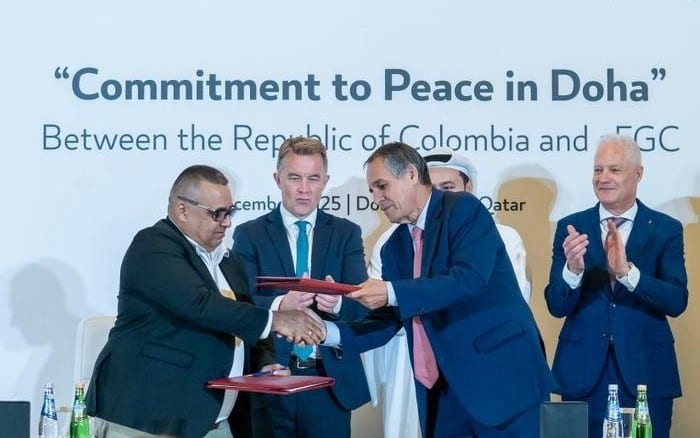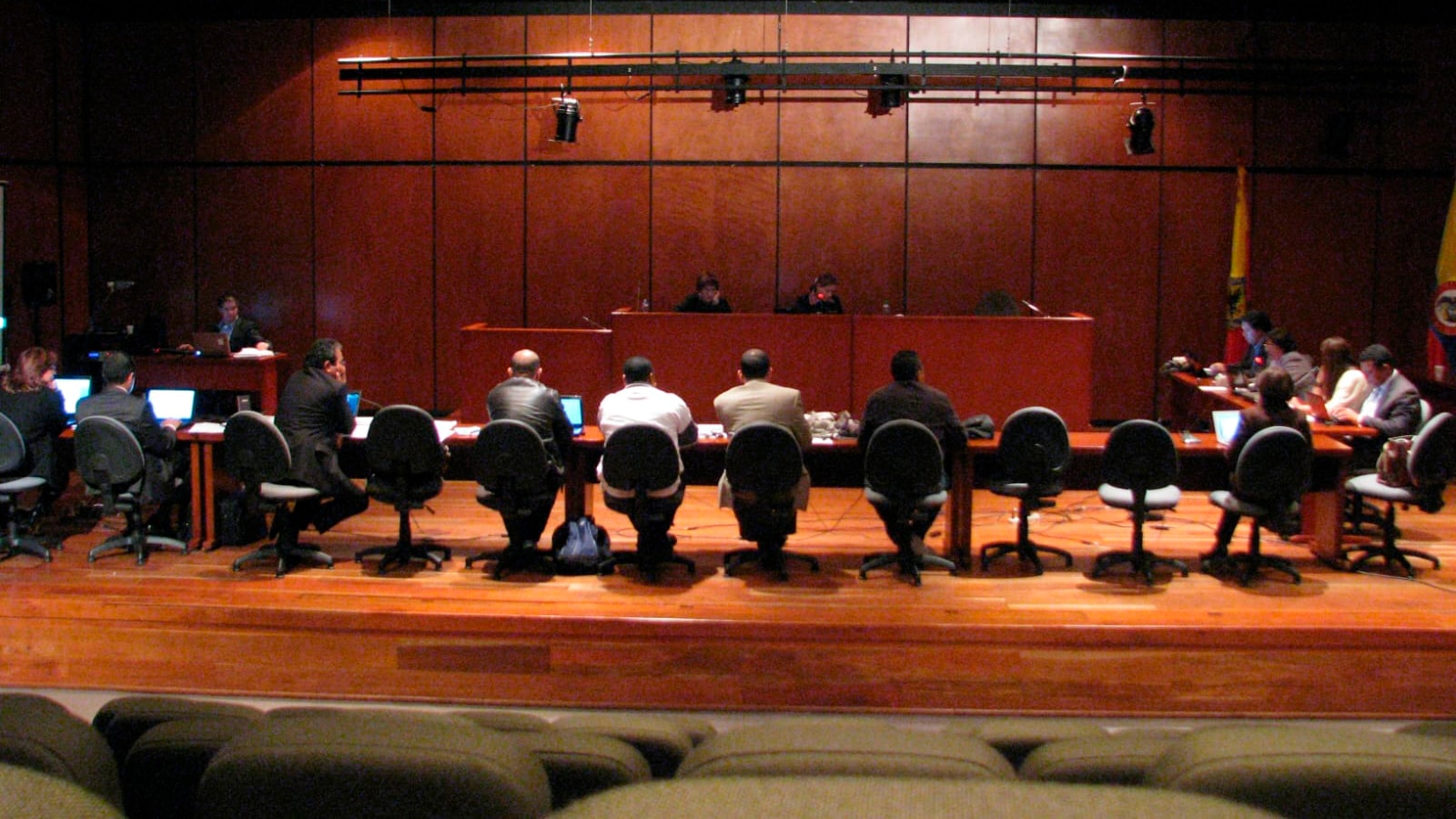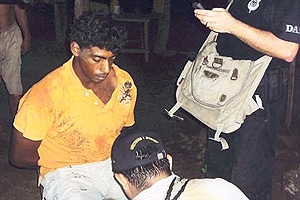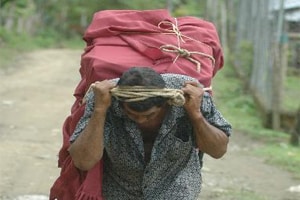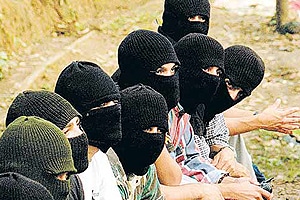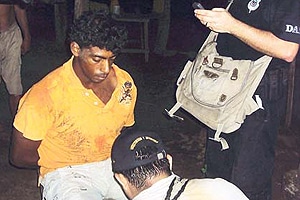
‘Amaury’ con medida de aseguramiento por la masacre de Macayepo
9 de diciembre de 2010Luis Francisco Robles Mendoza, alias ‘Amaury’ tendrá que responder por el asesinato de 15 campesinos en Macayepo en octubre de 2000.
|
Foto: Prensa Ejército |
Un fiscal de Derechos Humanos y DIH le impuso a Luis Francisco Robles Mendoza, alias ‘Amaury’, ex jefe del bloque Héroes de los Montes de María de las Auc, medida de aseguramiento, es decir va a estar detenido de manera preventiva sin beneficio de excarcelación, por la masacre de Macayepo, un corregimiento del Carmen de Bolívar, Bolívar.
Según la Fiscalía ‘Amaury’ presuntamente cometió los delitos de homicidio agravado, desplazamiento forzado, hurto calificado y agravado, e incendio.
Esta masacre ocurrió el 14 de octubre del 2000, cuando un grupo de 80 paramilitares asesinó con piedras y garrotes a 15 habitantes de Macayepo.
El crimen hizo parte de la ola de terror que los paramilitares impusieron en los Montes de María, donde cometieron innumerables masacres y desplazaron a miles de campesinos.
‘Amaury’, que fue capturado en agosto de este año en una finca en Astrea, Cesar, era jefe de del Frente Sabanas del bloque Héroes de los Montes de María.
Nació en Fonseca, Guajira, hace 43 años y tuvo varios reconocimientos en el Ejército.
Fue soldado de élite, hizo cursos de lancero, de paracaidista, de contraguerrilla, de antiterrorismo urbano, de explorador, siempre en grupos elite.
En 1998, mientras estaba siendo investigado por en el asesinato de dos hombres en Bogotá, se escapó del Batallón de Policía Militar No. 13 y se unió a las autodefensas en el Caribe.
‘Amaury’ fue uno de los jefes que lideró la incursión contra El Salado, un corregimiento del Carmen de Bolívar, en laque los ‘paras’ asesinaron a por lo menos 60 personas del 16 al 18 de febrero de 2000.
Con información de la Fiscalía.
